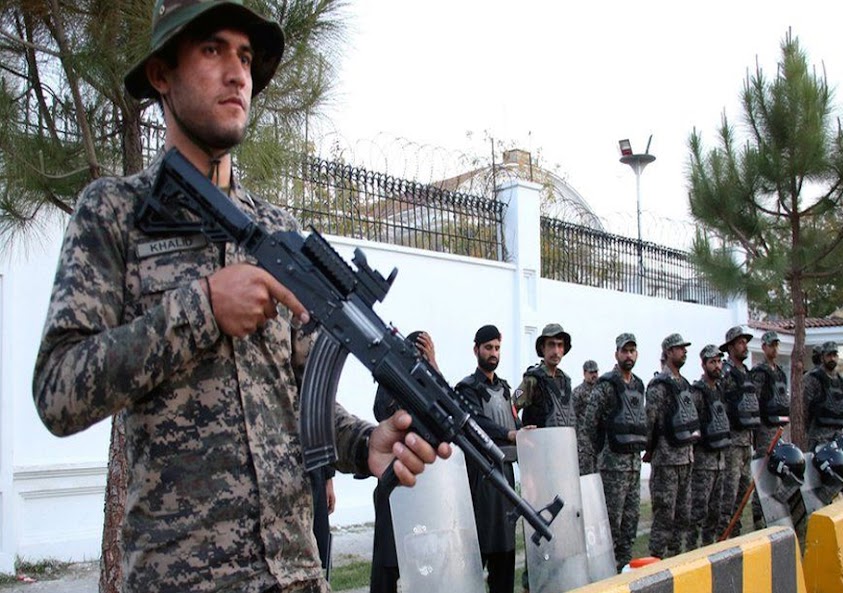 |
| Pakistan Prime Minister Imran Khan. Image Credit |
Following a plot to remove Prime Minister Imran Khan, Pakistan's president has dismissed parliament for setting the stage for early elections.
It comes after the deputy speaker of parliament refused to convene a vote of no confidence in the prime minister, which the PM was expected to lose.
Mr. Imran Khan claims that the US is coordinating a plot to depose him as a result of his criticism of US policies and other foreign policy decisions.
The allegation has been criticized by opposition lawmakers, and the US has refuted it.
Imran Khan traveled to Moscow to meet with Russian President Vladimir Putin as the country prepared to invade Ukraine. Khan has previously criticized America's "War on Terror."
According to the BBC's Secunder Kermani, the prime minister is widely considered as having come to the office with the assistance of Pakistan's army, but observers believe they have now fallen out.
After getting a number of his coalition partners to defect to them, his political opponents grabbed the opportunity to demand a no-confidence vote.
Pakistani officials had been informed of "an operation for a regime change by a foreign country," Information Minister Fawad Chaudhry told MPs on Sunday.
This, he claimed, was against the constitution, and the session's deputy speaker, a close confidant of the prime minister, declared the vote unlawful.
The Pakistan Opposition Party is upset.
"The unified opposition will not leave the House of Commons. Our attorneys are en route to the Supreme Court. We demand that the Pakistani Constitution be protected, upheld, defended, and implemented by ALL institutions." Before the president approved the prime minister's suggestion to dissolve parliament, Bilawal-Bhutto Zardari, the chairman of the opposition Pakistan People's Party, tweeted.
Even though a large portion of his public support has been lost as a result of rocketing inflation and mounting foreign debt, Imran Khan, who was elected in July 2018 on a promise to fight corruption and improve the economy, remains popular with some voters.
Will Pakistan's Prime Minister Imran Khan immediately resign?
Imran Khan, Pakistan's prime minister, has stated he will not resign, despite calls from the opposition to do so ahead of a vote of no confidence in him, which will be his hardest test since regaining control in 2018.
Mr. Imran Khan refused to sign off on the nomination of a new head of Pakistan's strong ISI intelligence agency in October of last year.
Why did Imran Khan's parliamentary majority recede?
The motion was presented by opposition parties earlier this month, claiming Khan had lost his legislative majority after 20 of his party's legislators left and called for Khan to resign.
Imran Khan, Pakistan's prime minister, has declared he will not quit, despite calls from the opposition for him to do so ahead of a vote of no confidence in him, which will be his hardest test since taking power in 2018.
On Friday, Pakistan's parliament will meet to begin deliberations on a no-confidence resolution. It could take up to seven days for a vote on Khan's removal to take place.
 |
| In the wake of the continued uncertainty, security around the parliament has been ramped up. Image Credit |
Both the military and Mr. Imran Khan, though, deny there has been any rift in public.
Only two prior sitting prime ministers in Pakistan's political history have faced a vote of no confidence, and both times, Benazir Bhutto in 1989 and Shaukat Aziz in 2006, have survived.
The current conflict is unknown how it will be addressed.
Security has been beefed up around government buildings and throughout Islamabad.









0 Comments
please do not enter any spam link in the comment box